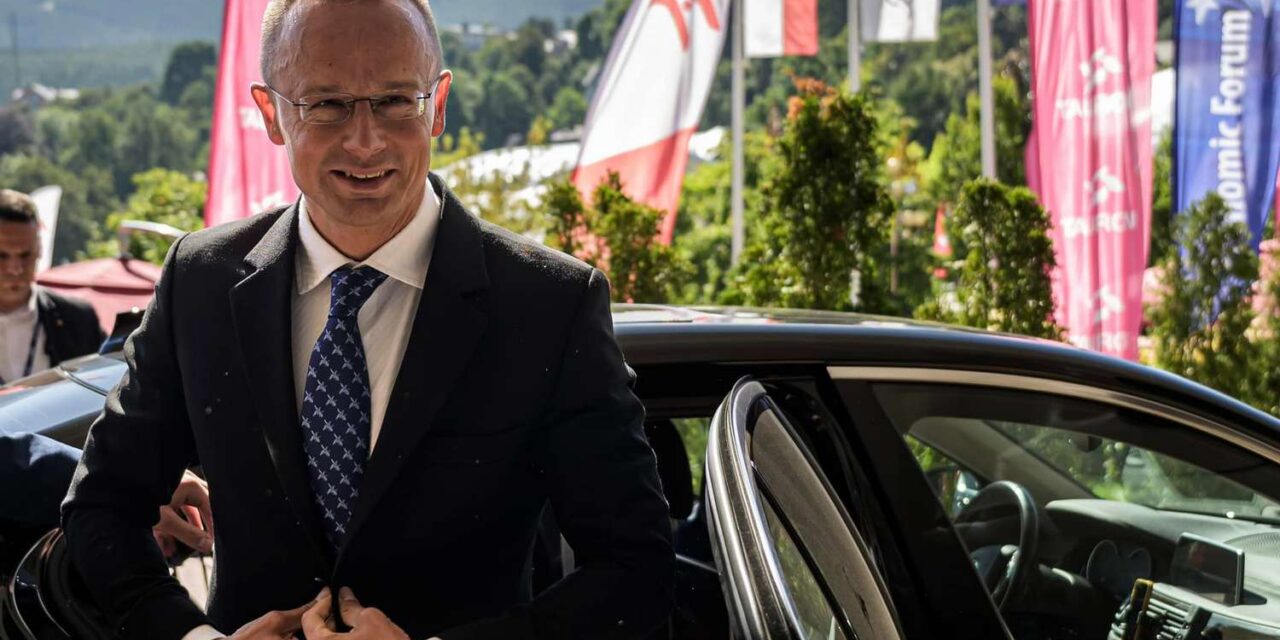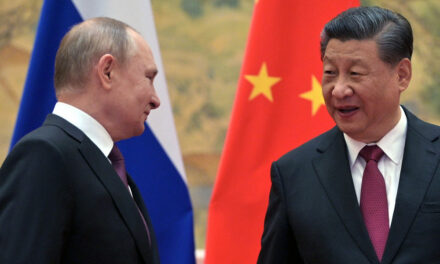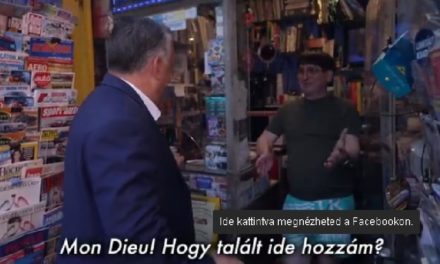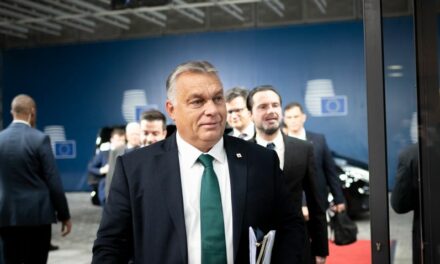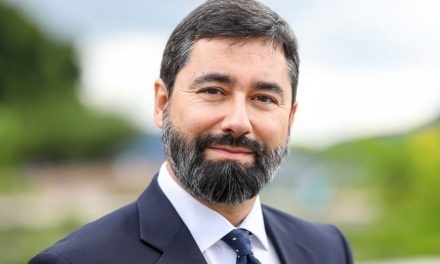It is unfair to accuse Hungary of being Russian-friendly, no one can teach our country about history and freedom, Hungarians know exactly what it is like to live under oppression, compared to those who have not experienced it, said Minister of Foreign Affairs and Trade Péter Szijjártó on Wednesday in Karpacz, Poland.
According to the ministry's announcement, during a discussion on the future of Visegrad cooperation at the Carpathian Economic Forum, the head of the ministry complained that some people accuse our country of being pro-Russian and pro-Putin, and stated that perception is not always the same as reality, but in his opinion, this does not need to be explained in Poland.
Hungary had to fight for freedom while no one helped in 1956, even though Radio Free Europe announced that American support was coming, he pointed out. He underlined: today those who have not experienced this are trying to educate Hungary about history, freedom, the oppression of the Soviet Union and the communists.
He believed that it is unfair to accuse Hungary of being Russian-friendly, because the physical reality, the existing infrastructure, determines the energy supply, and the European Union does nothing to develop alternative transport routes.
"If we exclude Russian natural gas, what will happen tomorrow? Who will explain to the Hungarians that there is no heating? (.) If we withdraw from the Paks expansion contract, how are we going to replace it at the same price and schedule?"
he asked the question.
The minister reported that the government is working on bringing in new sources of natural gas, but the capacity of the energy infrastructure in Southeast Europe is not sufficient, and the EU does not want to finance the development. Similarly, 85 percent of crude oil consumption is provided by Russian energy carriers, and on the only alternative route, the Adriatic pipeline, the Croatian authorities raised the transit fee to five times the average, and no one in Europe is protesting against this. He also touched on the fact that the United States bought twice as much uranium from Russia in the first half of this year as last year.
Péter Szijjártó emphasized that the V4 is still the focus of the Hungarian foreign policy strategy, because in the midst of difficulties, the Central European states can be more effective if they unite their forces than separately. He pointed out that in recent years the cooperation in Visegrad has achieved results that were not only in the interest of the participating parties, but also in the interest of the whole of Europe. As an example, he mentioned that if Hungary, together with the Czech Republic, Poland and Slovakia, had not taken action against the mandatory European Union migrant quotas, the continent would now be full of illegal immigrants awaiting distribution.
He also assessed as a success the fact that the Czech, Polish and Hungarian armies protect the Slovak airspace, as well as the fact that the three co-states provided assistance in the border protection of our country during the time of the strongest migration pressure. In fact, as he said, the fact that the issue of enlargement is on the EU's agenda at all is already a huge achievement, since the Visegrád countries unanimously support the inclusion of the Western Balkans, in contrast to several Western European leaders who only publicly represent this position.
The minister emphasized that since it is a question of four sovereign countries, there will never be 100 percent agreement, and it is natural that there are ups and downs in the relationship due to differences of opinion in individual matters, but the parties have always been able to handle these separately from other areas of cooperation. in which joint action is justified. He also mentioned that it is important to be aware of the strength of the V4, the combined gross domestic product (GDP) of the four states would be the 14th place in the world ranking, the combined population equals that of France, and the total volume of trade with Germany is double the German-French relationship .
He welcomed the fact that the current Czech presidency wants to focus on practical successes, and pointed out that, in connection with energy diversification, Central Europe would be happy to buy natural gas from Qatar, Azerbaijan, Turkey or anywhere else, but the capacity of the South-Eastern European infrastructure is not sufficient for this today, so it would require development. need.
He stated: if the Visegrád countries concentrate on energy and economic cooperation, they can achieve significant success.
"Despite differences of opinion, it is in our interest that this alliance not only survives, but also strengthens"
- he summed up.
MTI, Facebook
Featured image: Péter Szijjártó's Facebook page

